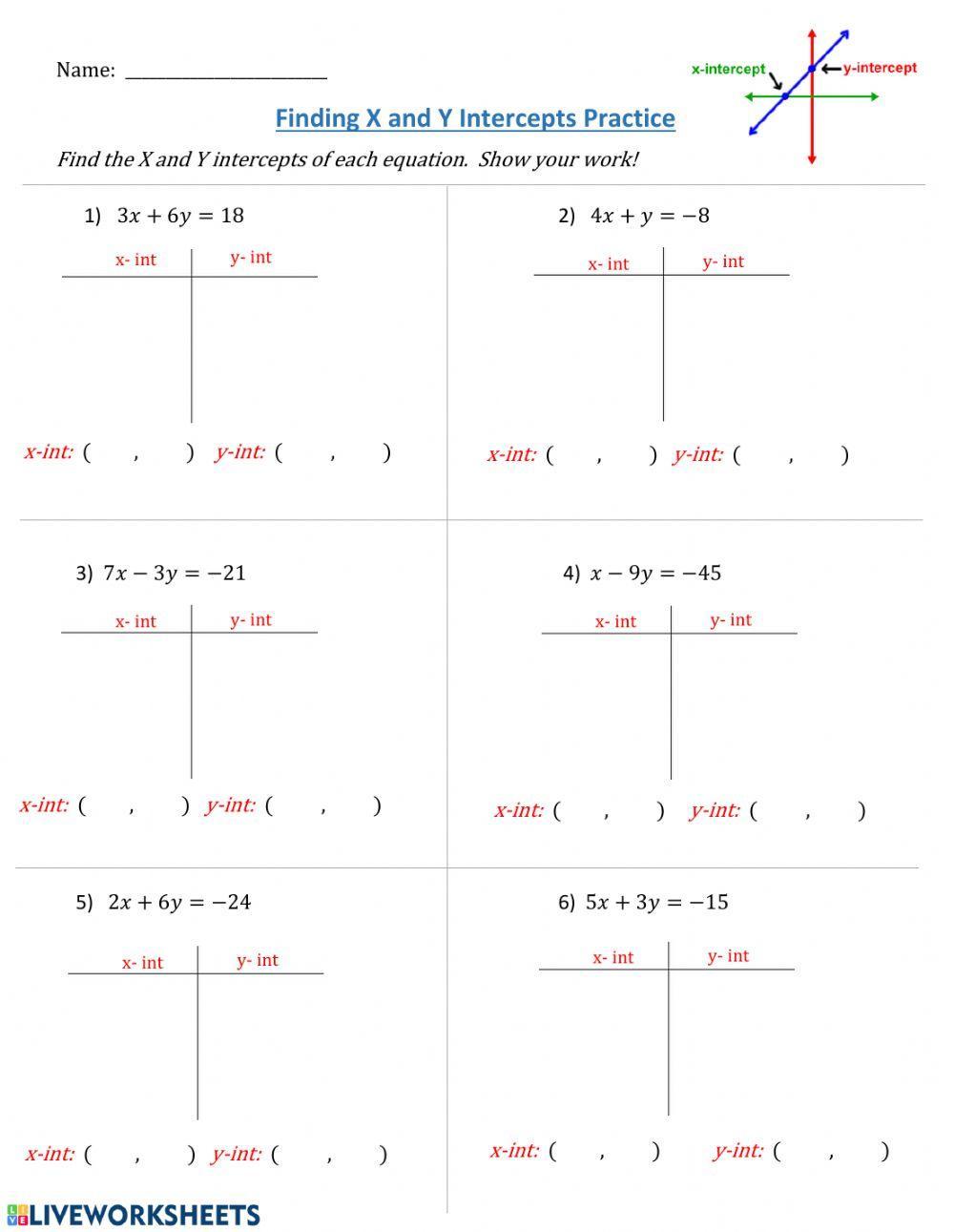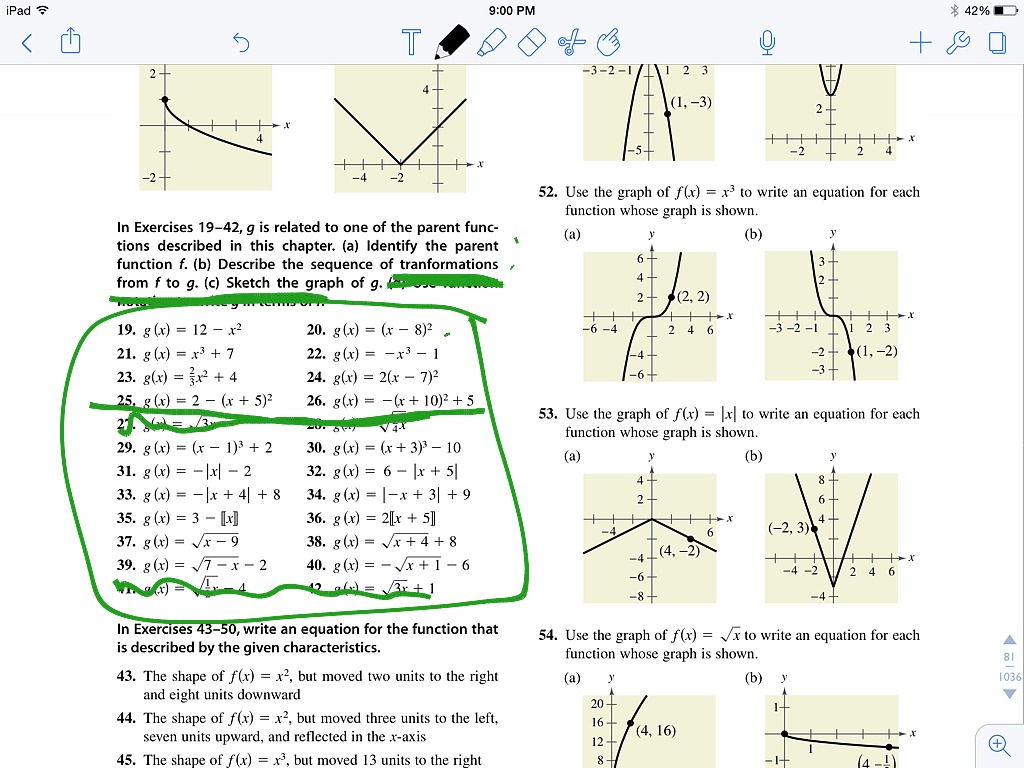Finding X and Y Intercepts Made Easy

Finding X and Y Intercepts Made Easy
When working with linear equations, understanding how to find x and y intercepts is essential for visualizing and analyzing the behavior of the line. X and y intercepts are critical points on the graph of a linear equation, representing where the line crosses the x-axis and y-axis, respectively. In this post, we will explore the concept of x and y intercepts, their importance, and provide a step-by-step guide on how to find them.
What are X and Y Intercepts?
The x-intercept is the point where the line crosses the x-axis, meaning the y-coordinate is zero. Similarly, the y-intercept is the point where the line crosses the y-axis, meaning the x-coordinate is zero. These intercepts play a crucial role in understanding the behavior of the line, including its slope, direction, and position.
Why are X and Y Intercepts Important?
X and y intercepts are vital in various mathematical and real-world applications, such as:
- Graphing: Intercepts help determine the shape and position of the graph, making it easier to visualize and analyze the equation.
- Linear Programming: Intercepts are used to define the feasible region in linear programming problems.
- Optimization: Intercepts can be used to find the maximum or minimum value of a function.
How to Find X Intercepts
To find the x-intercept, set the y-coordinate to zero and solve for x. This can be done using the following steps:
- Write the linear equation in the form y = mx + b, where m is the slope and b is the y-intercept.
- Set y to zero: 0 = mx + b
- Solve for x: x = -b/m
📝 Note: If the equation is in the form ax + by = c, you may need to rearrange it to the slope-intercept form (y = mx + b) before finding the x-intercept.
How to Find Y Intercepts
To find the y-intercept, set the x-coordinate to zero and solve for y. This can be done using the following steps:
- Write the linear equation in the form y = mx + b, where m is the slope and b is the y-intercept.
- Set x to zero: y = m(0) + b
- Solve for y: y = b
📝 Note: If the equation is in the form ax + by = c, you can find the y-intercept by setting x to zero and solving for y.
Example 1: Finding X and Y Intercepts
Consider the linear equation: 2x + 3y = 6
To find the x-intercept, set y to zero:
2x + 3(0) = 6 2x = 6 x = 3
To find the y-intercept, set x to zero:
2(0) + 3y = 6 3y = 6 y = 2
Therefore, the x-intercept is (3, 0) and the y-intercept is (0, 2).
Example 2: Finding X and Y Intercepts
Consider the linear equation: y = 2x - 4
To find the x-intercept, set y to zero:
0 = 2x - 4 2x = 4 x = 2
To find the y-intercept, set x to zero:
y = 2(0) - 4 y = -4
Therefore, the x-intercept is (2, 0) and the y-intercept is (0, -4).
Conclusion
Finding x and y intercepts is a crucial step in understanding and analyzing linear equations. By following the simple steps outlined in this post, you can easily find the x and y intercepts of any linear equation. Remember to set the y-coordinate to zero to find the x-intercept and set the x-coordinate to zero to find the y-intercept. With practice, you will become proficient in finding intercepts and be able to tackle more complex math problems.
What is the difference between x and y intercepts?
+The x-intercept is the point where the line crosses the x-axis (y=0), while the y-intercept is the point where the line crosses the y-axis (x=0).
Why are intercepts important in linear equations?
+Intercepts are crucial in understanding the behavior of the line, including its slope, direction, and position. They are also used in various mathematical and real-world applications, such as graphing, linear programming, and optimization.
How do I find the x-intercept of a linear equation?
+To find the x-intercept, set the y-coordinate to zero and solve for x. This can be done using the equation y = mx + b, where m is the slope and b is the y-intercept.



